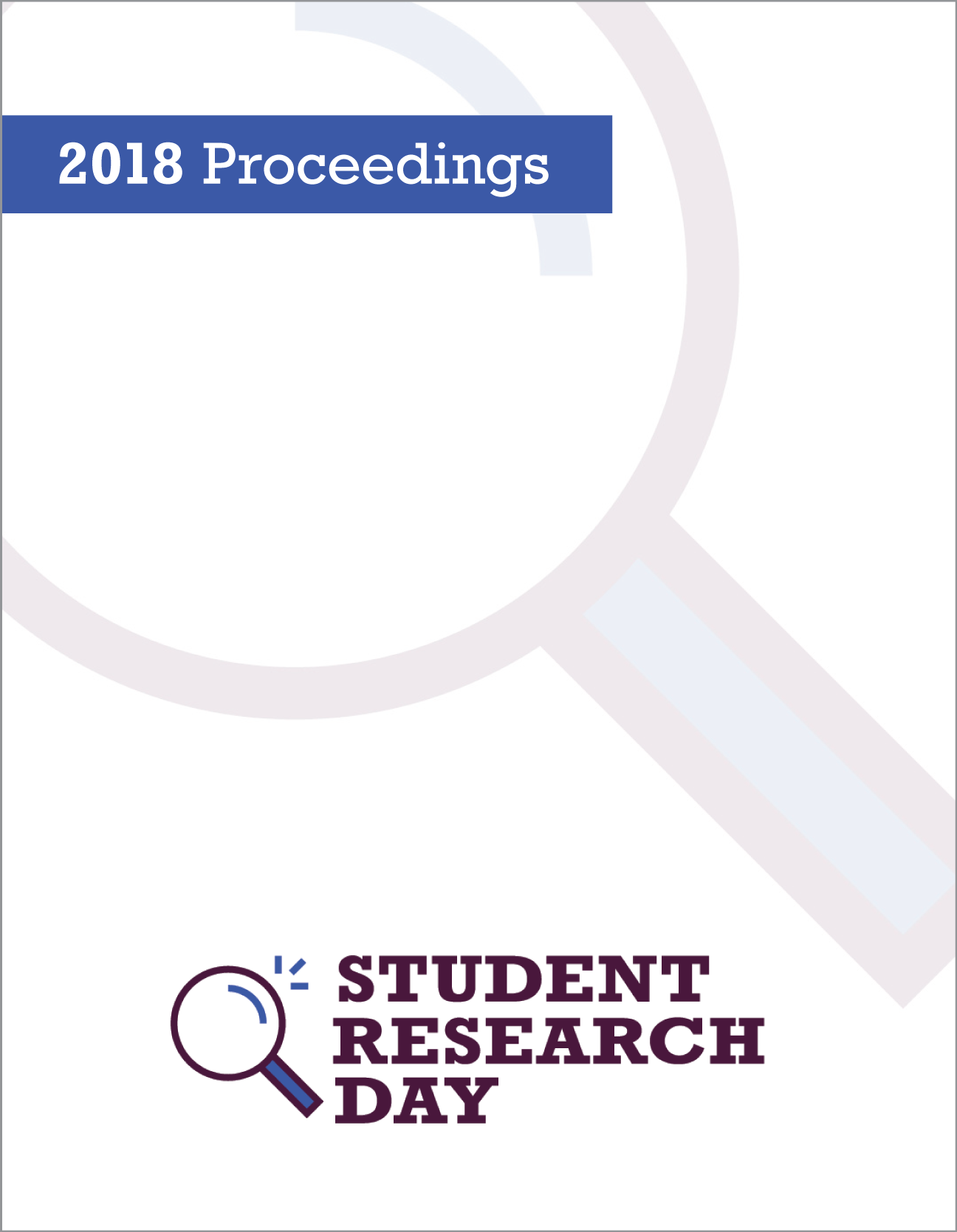Effects of Acute Exposure to Cannabinoids on Zebrafish Behaviour
Abstract
Cannabinoid therapeutic potential is increasingly studied using animal models. Zebrafish (Danio rerio) are a useful model organism because cannabinoids interrupt zebrafish endocannabinoid systems similarly to how human endocannabinoid systems are interrupted (Oltrabella, Melgoza, Nguyen, & Guo, 2017). Zebrafish also demonstrate observable behavioural changes when under stress. Zebrafish behaviour in response to multiple doses of the cannabinoids, delta-9-tetrahydrocannabinol (THC) and cannabidiol (CBD), will be recorded. Finally, dose response curves for the effects of THC and CBD on behaviour during the light/dark preference and novel tank dive tests will be established. Both of these tests are tests of anxiety displayed by individual zebrafish, and both are linked to predator avoidance behaviours. Previous research has suggested that THC and CBD may have anxiolytic effects (Stewart, Kaleuff, 2013; Nazario et al., 2015), implying these cannabinoids may alter zebrafish fish behaviour during the tests, as compared to zebrafish in the control condition.
Discipline: Psychology (Honours)
Faculty Mentor: Dr. Melike Schalomon
References
Published
Issue
Section
License
Authors retain any and all existing copyright to works contributed to these proceedings.



